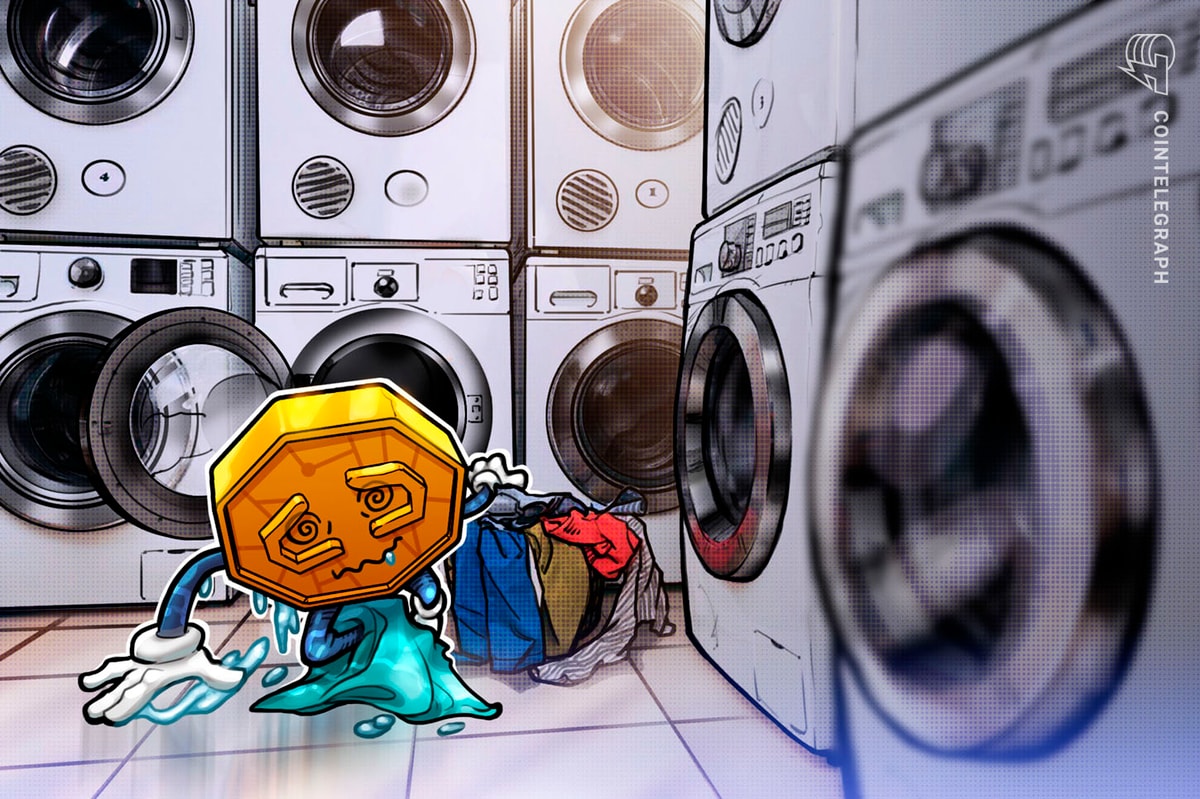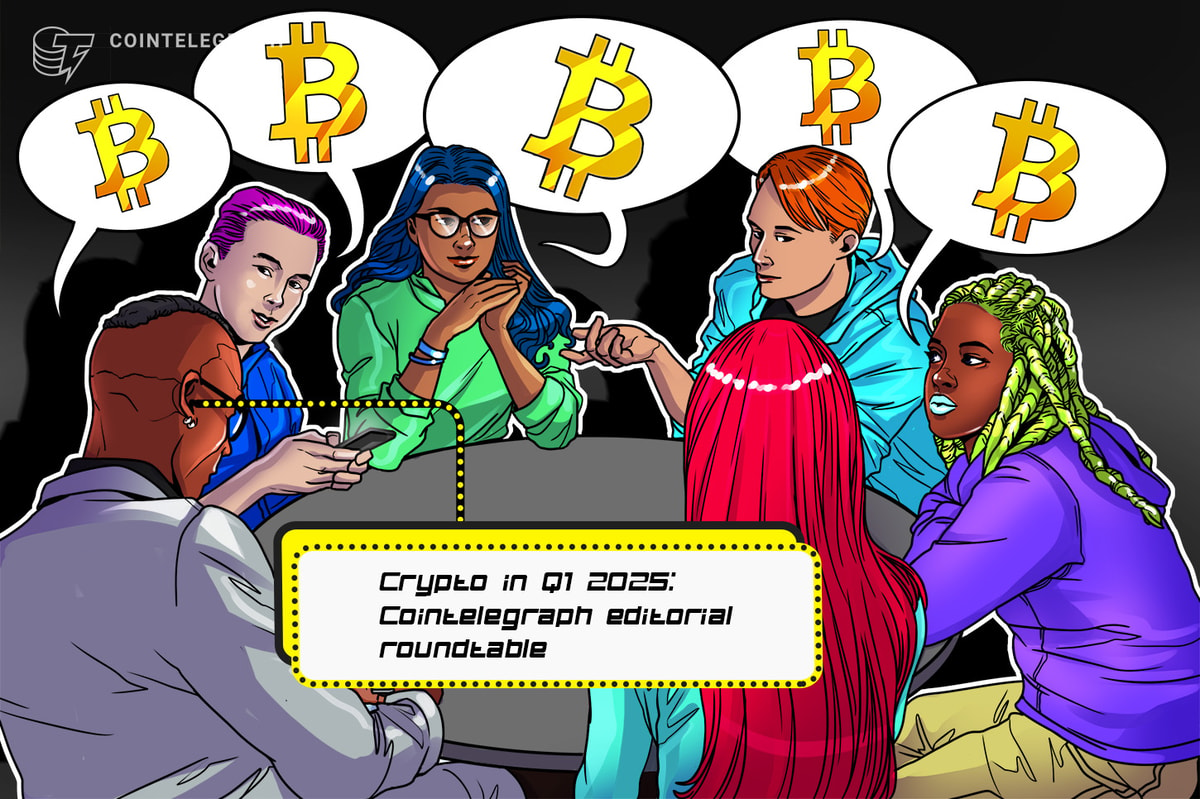Spanish fintech firm Monei has started trials of a euro-backed stablecoin EURM under the supervision of the Bank of Spain.
An announcement published on Monei’s website on Jan. 29 states the trial in the regulatory sandbox began in January. It features a group of individual users, limited to minimize the error margin.
The trial will examine EURM’s transaction capability. Each user will verify their identity, upload the wallet, deposit 10 euro to their account and exchange it for 10 EURM. Every EURM is backed 1:1 by euro currency and stored at Spanish banks, such as BBVA and Caixabank.
Monei CEO Alex Saiz Verdaguer called the trial “another step on our path toward the complete digitalization of payments.” He believes the new stablecoin will provide an opportunity for sending money in a “more secure, programmable, economical, democratic and liberalized” way than ever.
Related: ECB issues vendor call, progress report on digital euro rulebook
According to the announcement, EURM will facilitate transactions between any two people with access to a mobile phone in milliseconds. At the same time, the commission fee will be just “thousandths of a euro per transaction.” The stablecoin’s infrastructure also features several corporate options, such as monthly or daily employee payments or productivity bonuses in real time “based on robotic instructions.”
The Bank of Spain announced the launch of its own wholesale central bank digital currency (CBDC) program in 2022. Verdaguer also hinted at the possibility of the EURM becoming the preferred technology of the Bank of Spain. In January 2024, the Bank of Spain announced separate testing in partnership with Cecabank, Abanca and Adhara Blockchain.
The Spanish CBDC program is unique, as it was publicly stated to be independent of the digital euro project, which, if implemented, would cover all economies in the eurozone. Meanwhile, the Spanish Ministry of Economic Affairs and Digital Transformation announced it would implement the European Union’s Markets in Crypto-Assets Regulation six months before its deadline.
Magazine: Breaking into Liberland: Dodging guards with inner-tubes, decoys and diplomats











